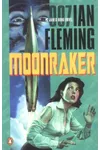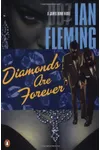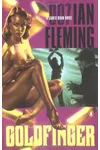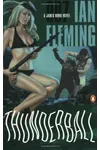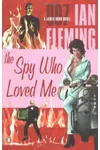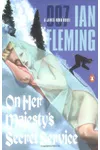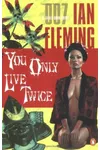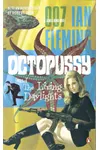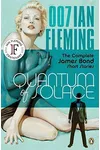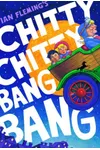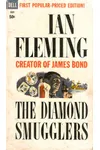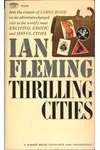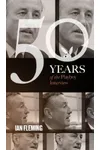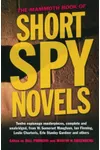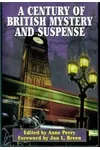Picture a suave British storyteller who conjured the world’s most iconic spy—meet Ian Fleming! Born into wealth and shaped by the shadowy world of wartime intelligence, Fleming crafted James Bond, a character who redefined the thriller genre. His novels, brimming with espionage and elegance, sparked a cultural phenomenon that still captivates readers and moviegoers alike.
The Making of Ian Fleming
Ian Fleming was born on May 28, 1908, in London to a privileged family. Educated at Eton and Sandhurst, he flirted with careers in journalism and banking before finding his calling in naval intelligence during World War II. His work under Admiral John Godfrey, rumored to inspire Bond’s M, exposed him to covert operations, fueling his imagination for the 007 saga.
Fleming’s early life wasn’t all glamour—he struggled with his father’s shadow and personal insecurities. Yet, his knack for observation and storytelling shone through, setting the stage for his literary leap. By 1952, holed up in his Jamaican estate, Goldeneye, he began penning tales that blended his experiences with pure fantasy.
Ian Fleming’s Unforgettable Stories
Fleming’s twelve James Bond novels, starting with Casino Royale (1953), introduced a sophisticated spy navigating a Cold War chessboard. The debut novel thrust readers into Bond’s high-stakes poker duel with Le Chiffre, blending grit and glamour. Dr. No (1958) pitted 007 against a diabolical scientist, cementing the series’ flair for exotic locales and larger-than-life villains.
His writing style—crisp, vivid, and laced with detail—mirrored Bond’s martini: sharp and intoxicating. Fleming’s themes of loyalty, danger, and moral ambiguity resonated in a post-war world craving escapism. Goldfinger (1959), with its iconic villain and audacious plot, became a fan favorite, while From Russia with Love (1957) showcased his knack for intricate espionage. Beyond Bond, Fleming wrote Chitty-Chitty-Bang-Bang (1964), a whimsical children’s tale, revealing his versatile storytelling.
Fleming didn’t just write novels; he built a universe. His meticulous research—drawing from intelligence contacts and travels—gave Bond’s world authenticity, from Q’s gadgets to M’s stern briefings. Critics sometimes scoffed at the series’ machismo, but readers devoured the blend of adventure and sophistication.
Why Ian Fleming Matters
Ian Fleming’s impact transcends his books. James Bond became a cultural titan, spawning a film franchise that’s grossed billions and shaped spy fiction for decades. From Sean Connery’s smirk to Daniel Craig’s grit, 007’s cinematic reign owes everything to Fleming’s vision. His novels, translated into countless languages, inspired authors like John le Carré and Tom Clancy to explore espionage’s human side.
Fleming’s legacy endures in how he made spies sexy and stories thrilling. He captured a world teetering between chaos and order, giving readers a hero who was flawed yet fearless. His work remains a masterclass in crafting timeless, pulse-pounding tales.
About Ian Fleming
- Born: May 28, 1908, London, England
- Key Works: Casino Royale, Goldfinger, Chitty-Chitty-Bang-Bang
- Died: August 12, 1964
- Notable: Created James Bond, the world’s most famous fictional spy
Ready to slip into 007’s world? Grab Casino Royale and dive into Ian Fleming’s thrilling espionage adventures!


